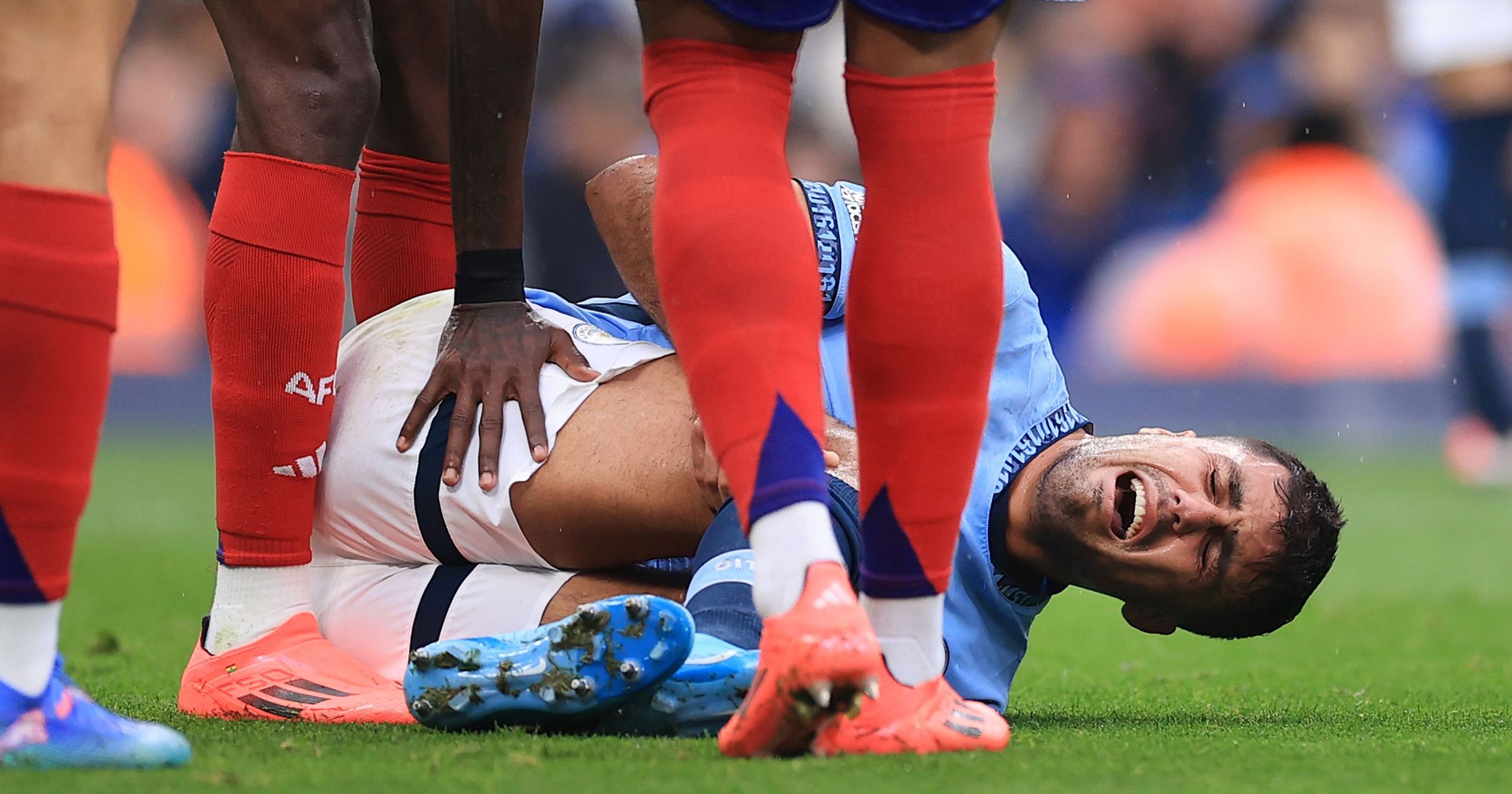
The PFA survey shows the impact of injuries on players’ mental well-being.
**Carsley Provides Update on Kane’s Fitness Ahead of Greece Clash; Stones Reflects on Captaincy**
As the England squad gears up for their upcoming clash against Greece, manager Lee Carsley has provided an update on the fitness of star striker Harry Kane. The anticipation surrounding Kane’s availability has been palpable, especially given his pivotal role in the team’s attacking prowess. Carsley’s insights will be crucial as the team prepares for what promises to be a challenging encounter.
In a related development, defender John Stones has expressed his thoughts on being appointed captain for the match. The Manchester City stalwart is keen to embrace the responsibility and lead his teammates on the pitch. Stones’ leadership qualities have been evident throughout his career, and this opportunity to captain the national side is a testament to his growing influence within the squad.
Meanwhile, a recent survey conducted by the Professional Footballers’ Association (PFA) has shed light on a pressing issue affecting players’ mental health. The survey, which included responses from over 1,000 players across the Premier League, the English Football League (EFL), and the Women’s Super League (WSL), revealed that a staggering 68% of respondents reported that the fear of injury significantly impacts their mental wellbeing.
The findings indicate that 45% of players believe this fear affects their performance on the pitch, while 41% worry that an injury could lead to being dropped from the squad. This concern has been exacerbated by incidents such as the recent injury to a midfielder who collided with Thomas Partey, highlighting the anxiety players face regarding their fitness and future prospects.
PFA representatives have emphasized the importance of understanding these mental health challenges. “For that reason, they can feel as if they have very little control over their futures,” a spokesperson noted. “What our survey results highlight is that these ‘on-pitch’ concerns – like injury and performance – can and do affect footballers’ mental health.”
The PFA aims to use these findings to enhance support for players, ensuring that their wellbeing is prioritized. The survey also revealed that 28% of players feel that online abuse negatively impacts their mental health, while 17% cited alcohol use and 15% identified gambling as significant non-industry hazards.
As the England team prepares for their match against Greece, it is clear that the mental health of players is an issue that requires ongoing attention and support. The PFA’s commitment to addressing these concerns is a step in the right direction, ensuring that the wellbeing of players remains at the forefront of the sport.
